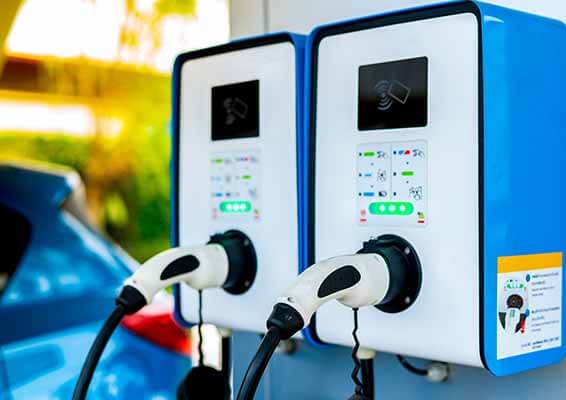Adoption of EVs will hit a brick wall when people realize how ridiculously expensive it is to charge EVs at work or at public charging stations. And these charging costs will continue to go up as the price of grid electricity skyrockets.
Electric utilities have rigged the system for EV charging infrastructure so that they maximize their profits. Unfortunately, well-intentioned research studies — such as “Charging infrastructure access and operation to reduce the grid impacts of deep electric vehicle adoption” from Stanford — completely miss the point by ignoring customer costs.
The headline from this study “Charging Cars At Home At Night Is Not The Way To Go” is flat out wrong. Moreover, this study recommends that drivers charge their cars at work, which is actually the MOST expensive place to charge an EV.
Here is a summary of monthly charging costs based on 1,000 miles of driving per month in California:
- Charging at work costs a host company $221/month
- Charging at a public high speed EV charger costs $153/month
- Buying gas at $3.50/gallon costs $140/month (pre-covid price)
- Charging on the EV rate at home costs $80/month
- Charging from home solar at night costs $18/month
The headline of this study actually should be “It Costs 12 Times More To Charge Your Car At Work Than At Home From Solar.” It doesn’t take a genius to understand that charging your car from rooftop solar 10 yards away (on your home) or 100 yards away (on your company) is cheaper and more efficient than importing power 500 miles away from a solar or wind farm.
Why do studies like these come to the wrong conclusion? For the simple reason that they ignore distributed generation (DG) solar and storage. Solar on the roofs of homes and businesses — especially when coupled with storage — provides less expensive, more reliable and safer electricity. But these DG systems reduce utility profits. So direct and indirect utility-sponsored research almost never considers the superior benefits of DG energy systems.
EVs are great for the environment, but only cheaper to operate if you charge smartly. If you are planning to buy an EV you should definitely charge your car at home, ideally from rooftop solar under full retail net metering. As a reminder to California residents, get that solar system installed soon before the transition to Net Metering 3 next year.
For more details on costs associated with EV charging, please tune in to this week’s Energy Show.

